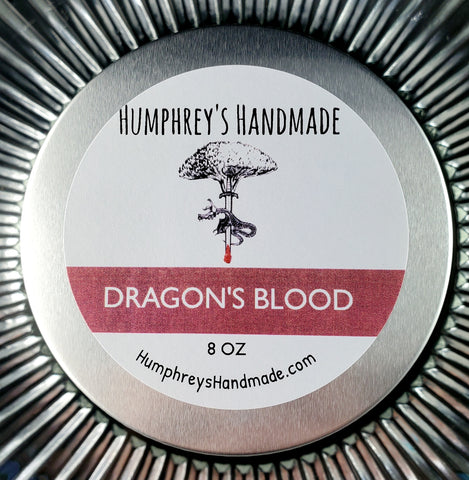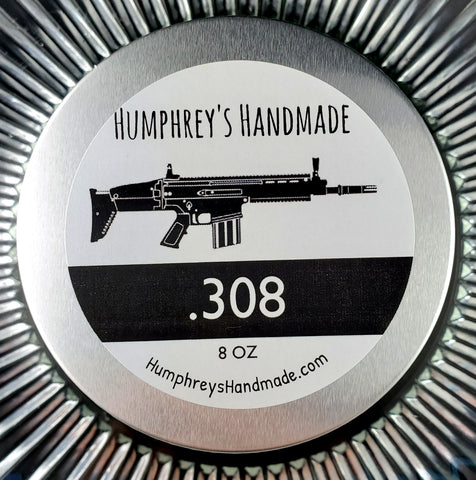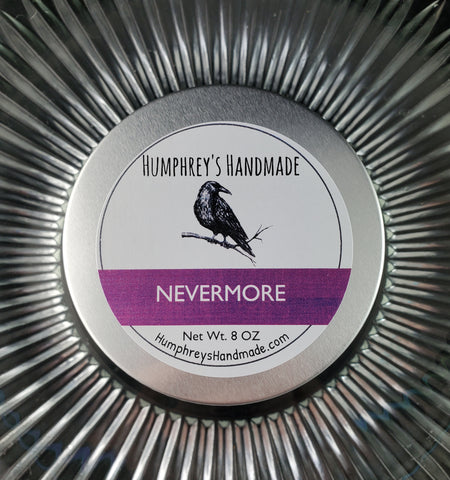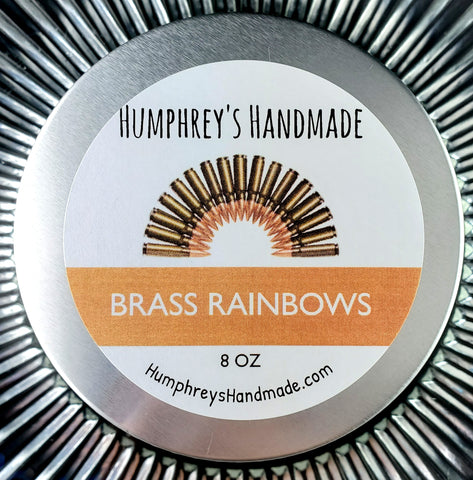Fiber/Wearables Information
Our wearable items are handcrafted by us using a variety of knitting, crochet or Tunisian crochet techniques. The cost of our products can vary due to the fiber used, the thickness of the item (or how much wool is used), the pattern, and many other variables.
Luxury vs Classic: Our Luxury line features products that contain 50% wool content or greater. It's warmer and naturally moisture wicking or temperature regulating. Wool is also naturally flame retardant, making it a great fiber for clothing. Alpaca, Yak wool, and Merino are the types of fibers you will find in our Luxury line.
Our Classic line features wool blends that are <50% wool, and may be mixed with acrylic, cotton, linen or other fibers. The wool content still makes it very warm, and the blend can increase it's machine washability. It's also a little cheaper!
Wool is a natural, renewable fiber, and doesn't contain plastics like many other types of yarn (such as acrylic or milk cotton). We prefer it as our fiber of choice!
Traditional Sheep Wool: All wool has excellent warmth and wicking properties. Traditional sheep wool contains lanolin and can be a little itchier to some folks. If traditional wool makes you itchy, consider a Merino or Alpaca blend fabric, or a fabric that blends sheep with acrylic, cotton, linen or another fiber - often these will not feel itchy.
Merino Wool: Merino wool is soft, and is not itchy like traditional sheep tool. It resists odors, is moisture wicking, is biodegradable, and is fire-resistant. It's an extremely popular wool choice for winter wear. It's great for standing still outside such as when deer hunting, or for outdoor activities such as skiing or hiking. Some Merino wool is 'superwash' meaning it can be washed in a washing machine on a gentle cycle rather than hand washed.
Yak Wool: Just like merino wool, yak wool is naturally odor-resistant, while its softness has been compared to cashmere. Its natural properties help with temperature regulation and the less energy you use to stay warm or cool down, the more you can dedicate to movement. Weight-for-weight, pure yak wool fabric is 40% warmer, 66% more breathable and 17% faster at transporting moisture away from the skin than a pure merino wool fabric. The Yak's coat does not contain lanolin so is not itchy to those who itch with sheep wool.
Alpaca: Alpaca wool fibers are extremely soft as a result of the small diameter of each fiber strand, and alpaca fiber is five times warmer and stronger than sheep's wool due to the air pockets in the fiber, which allows it to trap and contain more heat. Here are some additional perks:
- Hypoallergenic: Alpaca fiber has no lanolin, which is a natural wax secreted by some wool-producing animals that people can be allergic to, and therefore, it is naturally hypoallergenic.
- Soft: Alpaca fiber has a soft, silky feel, and while it is warm like sheep wool, it does not have the same potentially itchy nature. This is because the alpaca’s fiber is naturally softer to the touch because it is several microns smaller in diameter, similar to merino wool, giving it its characteristic softness.
- Water repellent: Alpaca fiber is naturally water resistant because it has an incredibly low water retention rate.
- Warm: Alpaca fiber is extremely warm, but it also maintains a lightweight nature, as the airyness of the fiber allows the wool to trap and retain heat without becoming too heavy.




